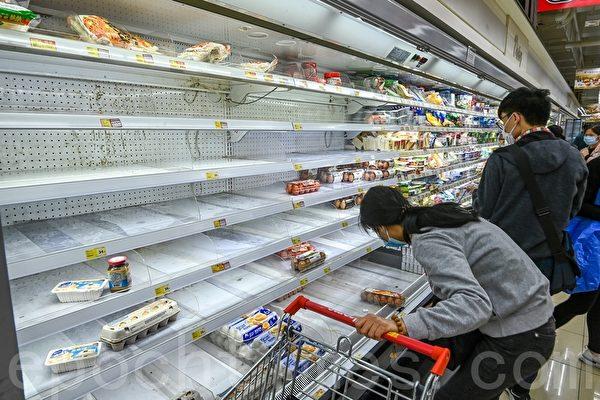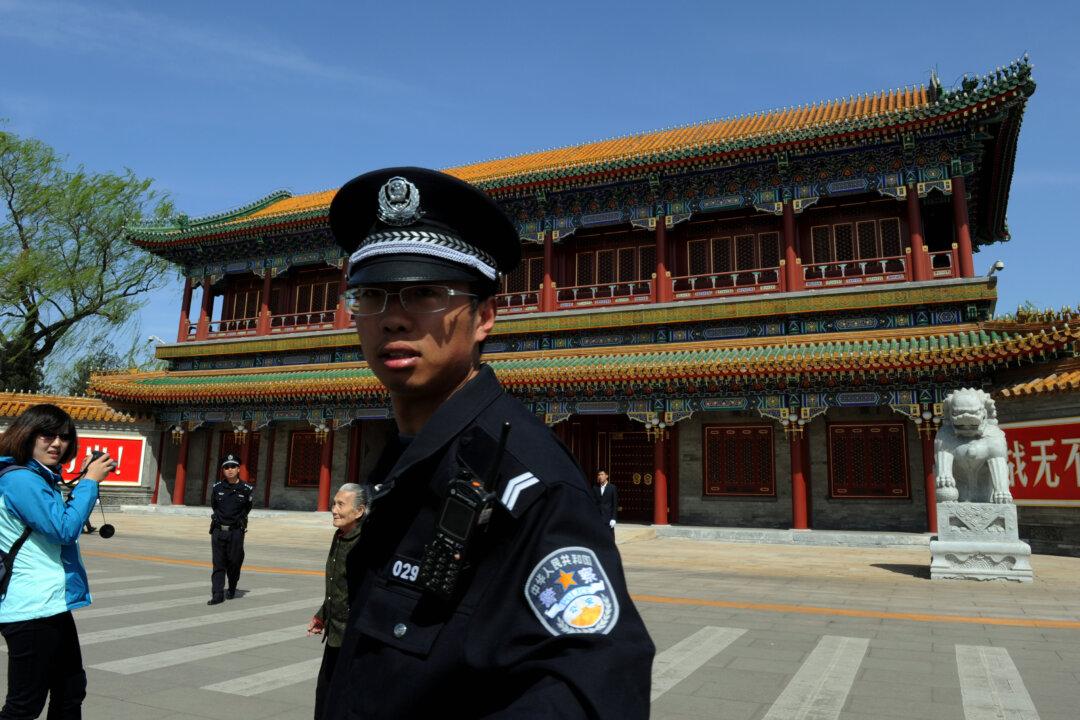Recent research shows that Hong Kong remains the most expensive city in the world to live in. The soaring cost of living coupled with strict social distancing restrictions and travel restrictions, has led to a significant loss of talent as people move to other countries.
ECA International, a human resources consultancy firm, recently published a study on cost of living and found Hong Kong to be the world’s most expensive city to live in. The conclusion is driven by factors such as inflation and the strong Hong Kong dollar.
Regional Director of ECA International Lee Quane said Hong Kong continues to be the world’s most expensive city to live in despite the fact that it was less affected by rising global inflation than the rest of the world last year.
He said that Hong Kong’s inflation rate rose by 3 percent relative to the same period last year, lower in comparison to inflation levels in other countries. But Hong Kong remains expensive because the Hong Kong dollar is strong since it’s pegged with the U.S. dollar, making other currencies relatively weaker.
Lee Quane also commented on the talent drain occurring in Hong Kong as being due to the Hong Kong government’s response to COVID-19, which included strict entry and social distancing measures, as well as increasing uncertainty in things like electoral changes, that make it difficult for companies to make long-term plans. Hence many overseas businesses and people working in Hong Kong have returned to their home countries or to other countries, such as Singapore.
Additionally, ECA International’s research shows that of the top 10 most expensive cities New York is second, Geneva and London are third and fourth respectively. Apart from Hong Kong, four other cities in Asia also made it into the top 10: Tokyo fifth, Shanghai eighth, Guangzhou ninth, and Seoul tenth.
The reports ECA International released in June and December 2021 showed that Hong Kong continues to be the most expensive city in the world to live in and the most expensive place in the world for immigrants to live and work.
Each year, ECA International carries out two surveys to help firms calculate the cost of living and ensure their employees’ spending power is protected when abroad. These surveys compared the cost of a basket of goods in over 490 locations worldwide and rental costs in over 410 locations.
The latest livability ranking published by ECA International on March 1 this year shows that Hong Kong dropped 19 places to 77th in the list of livable cities for immigrant workers.
Lee Quane commented that the significant drop in Hong Kong’s livability ranking was partly due to increased censorship of the local press and media, which affected the ‘freedom of press and media’ component of the overall livability score. Meanwhile, many places that ranked lower than Hong Kong last year have relaxed their social distancing measures, leading to a rise in their livability ranking.





